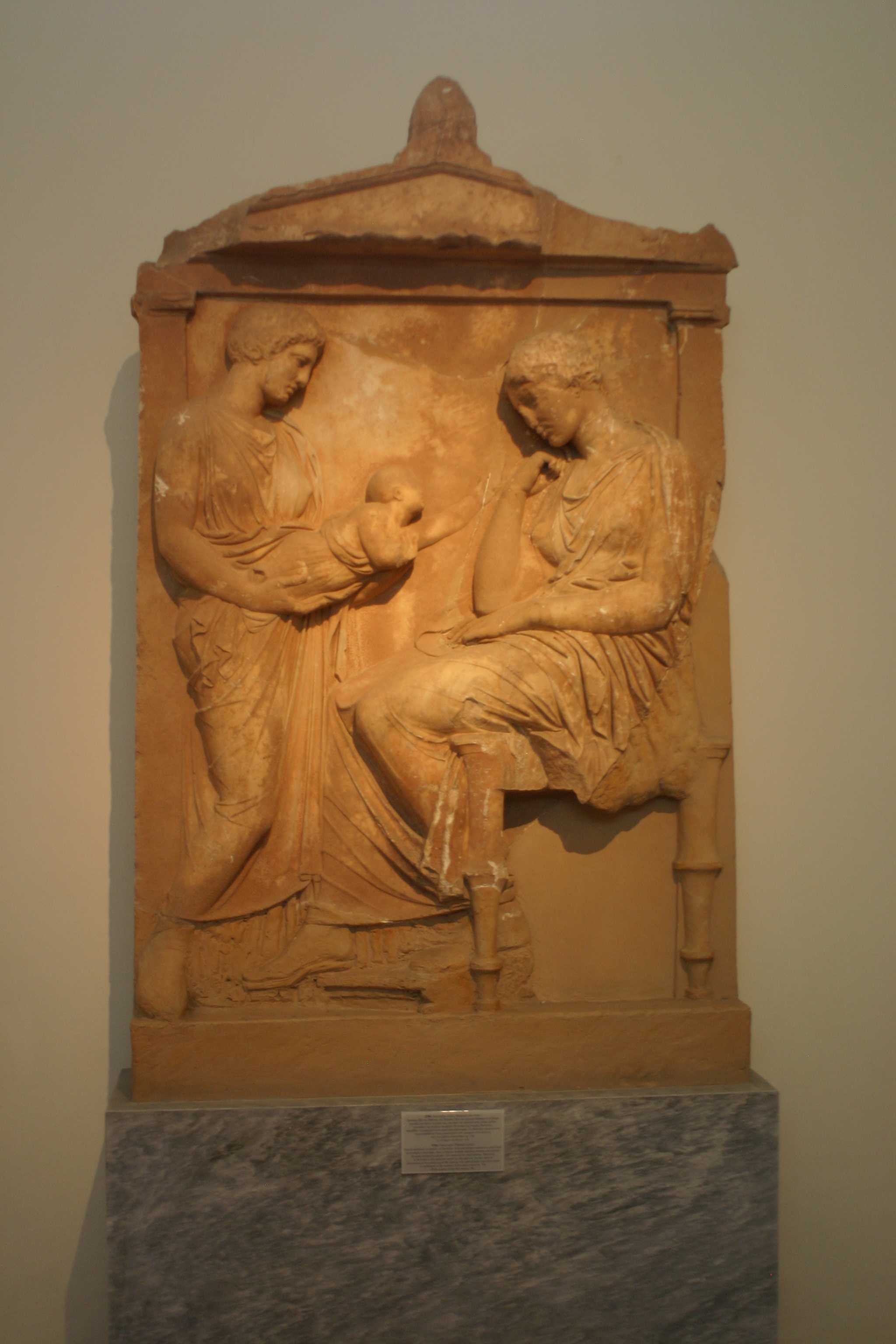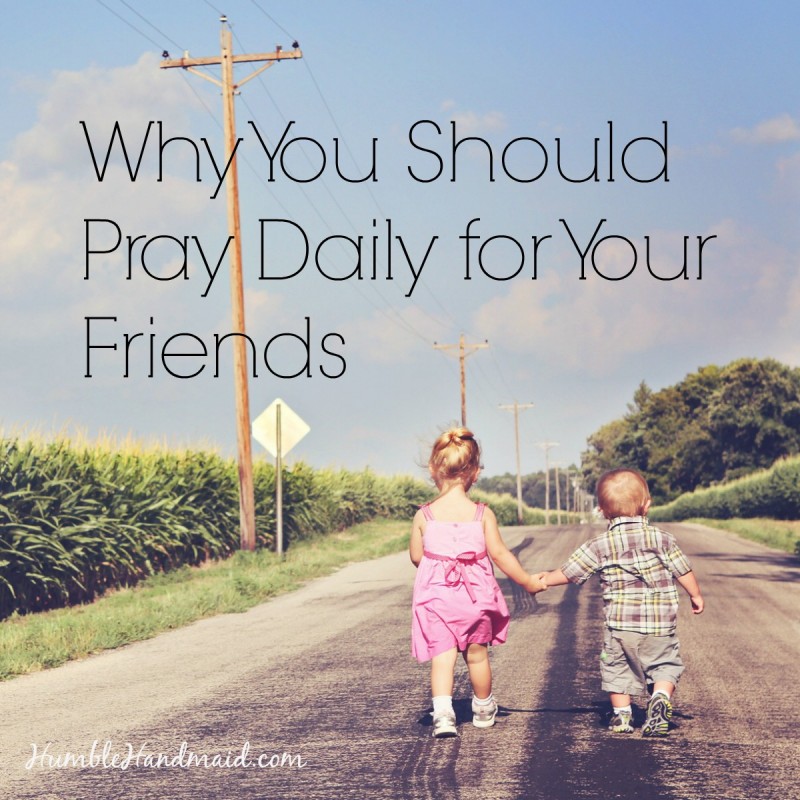
Being Misled about God
Luke 20:45-21:4 New International Version (NIV)
Warning Against the Teachers of the Law
45 While all the people were listening, Jesus said to his disciples, 46 “Beware of the teachers of the law. They like to walk around in flowing robes and love to be greeted with respect in the marketplaces and have the most important seats in the synagogues and the places of honor at banquets. 47 They devour widows’ houses and for a show make lengthy prayers. These men will be punished most severely.”
The Widow’s Offering
21 As Jesus looked up, he saw the rich putting their gifts into the temple treasury. 2 He also saw a poor widow put in two very small copper coins. 3 “Truly I tell you,” he said, “this poor widow has put in more than all the others. 4 All these people gave their gifts out of their wealth; but she out of her poverty put in all she had to live on.”
*******************************
Many times we see breaks in the Bible between verses or blocks of verses, such as the above heading “The Widow’s Offering”. We should be wary of these breaks as they can make us tend to ignore the verses before that heading and make us think that they have nothing to do with what follows. The headings in the Bible can be useful to us when it comes to quickly finding verses or areas of scripture that we are looking for, but we should not believe that the verses before or after the heading are separated in content and meaning from each other.
To put this in perspective, when we start in Luke 21, and just read until verse 4 we see and get an idea that the poor widow is being applauded because she “put in everything she had to live on” or “she gave it all to God”….I have heard many sermons on tithing and giving it all to God.
The thing is that God doesn’t need anything that we have! It was all and still is all, his to begin with…after all, he created everything! So, now that we have this thinking out of the way…let us go back to Luke 20:45 and read. It appears that Jesus was talking to his disciples, prior to getting to the temple, about how they “should beware of the teachers of the law” because those teachers are pretty much all working for the applause of man. Long public prayers to show that they are “holy”, lengthy robes to command respect, strolling around and putting on airs in the marketplace. In short they are full of self-importance. Jesus taught us to be humble, and in a “right” relationship with God. To love God and love each other.
Yet, these men, who are teachers of the law of God, do none of those things.
Jesus says that they “devour widows’ houses”, then in Luke 21 we see Jesus has been watching the people in the temple putting in their offerings to God. He sees the wealthy people putting in a bunch of money given from their wealth (as in, they won’t even miss what they are giving because they have so much wealth), and then he sees a poor widow (who will be missing every single coin she has put in because in order to live she is counting every coin…she has so little to begin with)…then following the previous conversation with his disciples about telling them to “beware of the teachers of the law”, Jesus says: Look at that widow…she is putting in everything she has to live on!
So is Jesus happy with the widow? Is he angry with her? No, he is not unhappy with the widow or angry with her….he is horrified, and saddened by the fact that these leaders, and teachers of the law, in their greed, had convinced the poor that to be in a “right” relationship with God they needed to give everything they had to live on. This woman was basically going to starve to death in order to meet the criteria she felt she needed to meet in order to be in good standing with God!
Now, then, this is really down right sad! This woman’s perspective of God is nothing like the God that Jesus was teaching his disciples and the people about! These teachers of the law were misleading people about who God was and what he wanted from them!
Jeremiah 29:11 (NIV)
11 For I know the plans I have for you,” declares the Lord, “plans to prosper you and not to harm you, plans to give you hope and a future.
God loves us, and he provides for us. We are told that he has good plans for us. The woman was giving up the provision that God gave her to live on, in an effort to appease a God whom she thought must be appeased this way! It is not her fault, but this was what she had been taught, and she was doing her best to be in good standing with God based on that teaching.
This kind of thinking still happens today…people are still mislead about what God wants from them! We still have many wrong headed ideas about what is right and how to be in “good” with God. There are still false teachers today, that is why it is so important to read your Bible and to learn to read in context. The context of this set of verses about the widow is given in the previous chapter of Luke. Many times this is the case in scripture, things are taken out of the context and the meaning is changed to suit what the teacher believes, but may not necessarily be what Jesus was actually intending to convey to his disciples or to us.
There is an excellent book about reading the Bible, which I wish to recommend to you. It is called How to Read the Bible for all its Worth by Gordon Fee and Douglas Stuart. It really is very easy to read, and gives very good information on the different parts of the Bible and some pointers to remember when reading them.

 Naomi and Ruth Return to Bethlehem
Naomi and Ruth Return to Bethlehem Ruth 3
Ruth 3 Ruth 4
Ruth 4
 Genesis 37:26-28
Genesis 37:26-28
 One of Jesus’ names is the Lion of Judah.
One of Jesus’ names is the Lion of Judah.  Luke 20:45-47
Luke 20:45-47 
